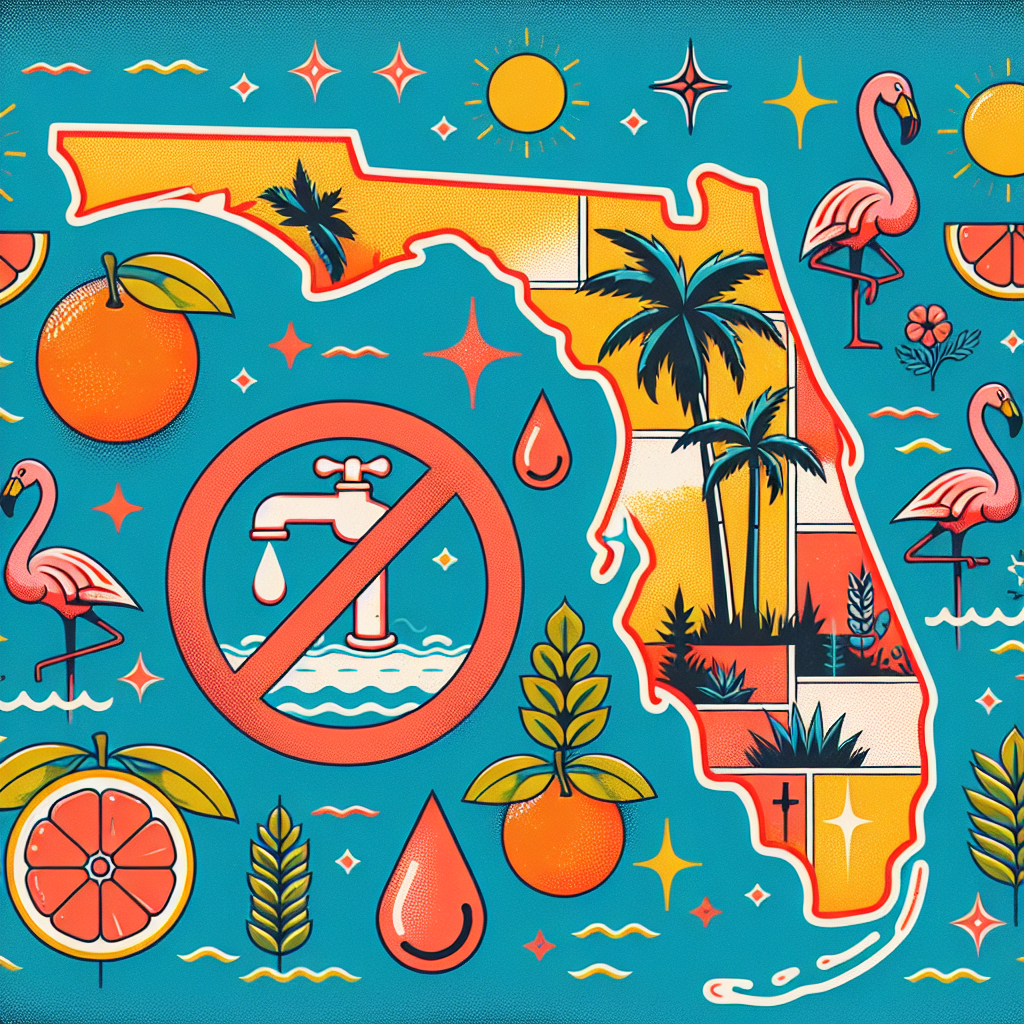Florida Set to Become Second State to Prohibit Fluoride in Public Water Systems
Florida Set to Prohibit Fluoride in Public Water Systems
Introduction
Florida is on the verge of becoming the second state in the United States to ban the addition of fluoride to public water systems. This move has sparked a significant debate among health experts, policymakers, and residents, highlighting the ongoing controversy surrounding water fluoridation.
Key Developments
- Legislative Action: A new bill has been introduced in the Florida legislature aiming to prohibit the addition of fluoride to public water supplies across the state.
- Health Concerns: Proponents of the bill argue that fluoride poses health risks, including potential links to neurological and dental issues.
- Public Opinion: The proposal has received mixed reactions from the public, with some supporting the move for health reasons, while others express concern over the potential impact on dental health.
Arguments For and Against
The debate over water fluoridation is not new, and both sides present compelling arguments:
- Supporters of the Ban:
- Claim that fluoride can lead to adverse health effects.
- Argue for individual choice in fluoride consumption.
- Opponents of the Ban:
- Emphasize the benefits of fluoride in preventing tooth decay.
- Point to endorsements from major health organizations supporting fluoridation.
Potential Implications
If the bill passes, Florida will join a small group of states that have opted out of water fluoridation, potentially setting a precedent for others. This decision could influence public health policies nationwide and reignite discussions on the role of government in public health interventions.
Conclusion
As Florida moves closer to banning fluoride in public water systems, the state finds itself at the center of a heated debate over public health and personal choice. The outcome of this legislative effort could have far-reaching implications, not only for Florida but for the national conversation on water fluoridation.

















